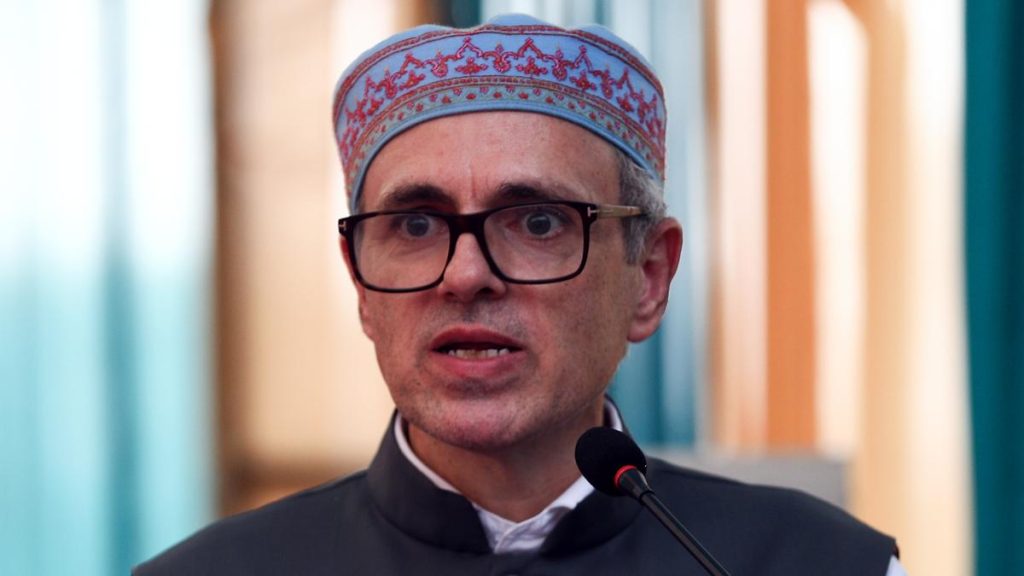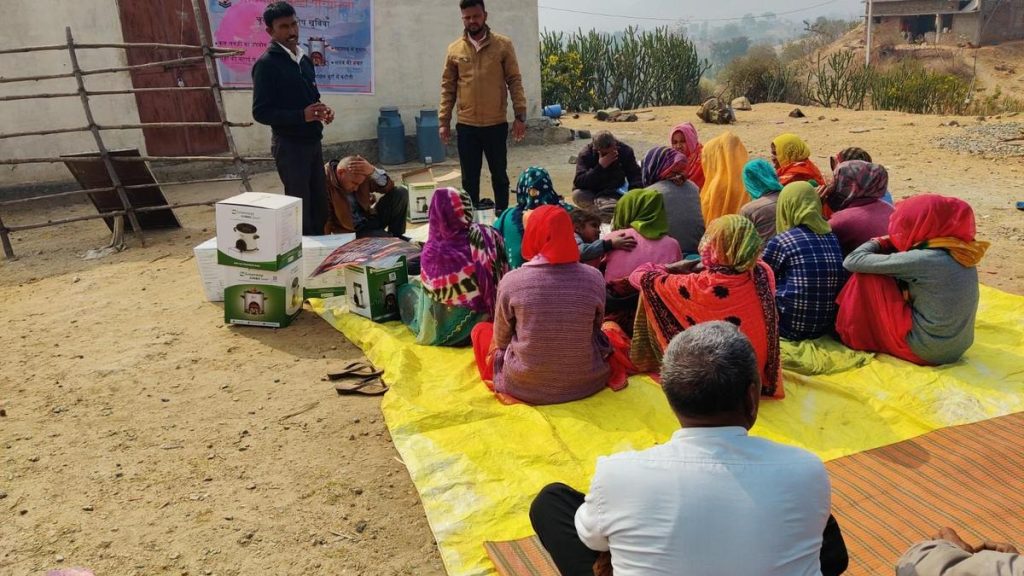Now Reading: Government Launches MERITE Scheme to Boost Technical Education
-
01
Government Launches MERITE Scheme to Boost Technical Education
Government Launches MERITE Scheme to Boost Technical Education

Fast Summary
- The Union cabinet approved the implementation of the multidisciplinary Education and Research Enhancement in technical Education (MERITE) scheme.
- MERITE will apply to 275 technical institutions: 175 engineering institutes and 100 polytechnic colleges across India.
- The scheme, spanning five years (2025-26 to 2029-30), has a budget of ₹4,200 crore, with ₹2,100 crore supported by a World Bank loan.
- Objectives include improving quality, equity, governance of technical institutions as per National Education Policy 2020 guidelines.
- PM Narendra Modi highlighted MERITE’s focus on boosting research, skilling, and innovation; Education Minister Dharmender Pradhan said it would empower over 7.5 lakh students.
- Key interventions include:
– Updated industry-aligned curricula
– Faculty progress programs
– Digitalization strategies in States/UTs
– Internships and research hubs for students.
– Special emphasis on future academic administrators (women faculty).
- Institutions like IITs/IIMs alongside AICTE/NBA will play pivotal roles in implementation.
Indian opinion Analysis
The approval of the MERITE scheme signals enhanced commitment toward revamping India’s technical education system-a sector often criticized for low-quality research output and weak industry linkages per earlier reports like that from the World bank.Its integration with the National Education Policy 2020 aligns reforms with broader educational modernization goals where multidisciplinary approaches are prioritized.
The funding structure combining government resources with external assistance reflects a strategic approach to sustaining long-term investments without overstretching domestic budgets. Emphasis on market-aligned curriculum updates could lead to better employability outcomes for students while fostering innovation capabilities essential for industrial competitiveness.
Focus areas such as empowering women faculty members and establishing incubation hubs hint at encouraging inclusion and practical skill-building systems within academia-critical steps towards a future-ready workforce. However, successful execution across diverse States/UT contexts will likely require meticulous planning given existing disparities in institutional capacities nationwide.























